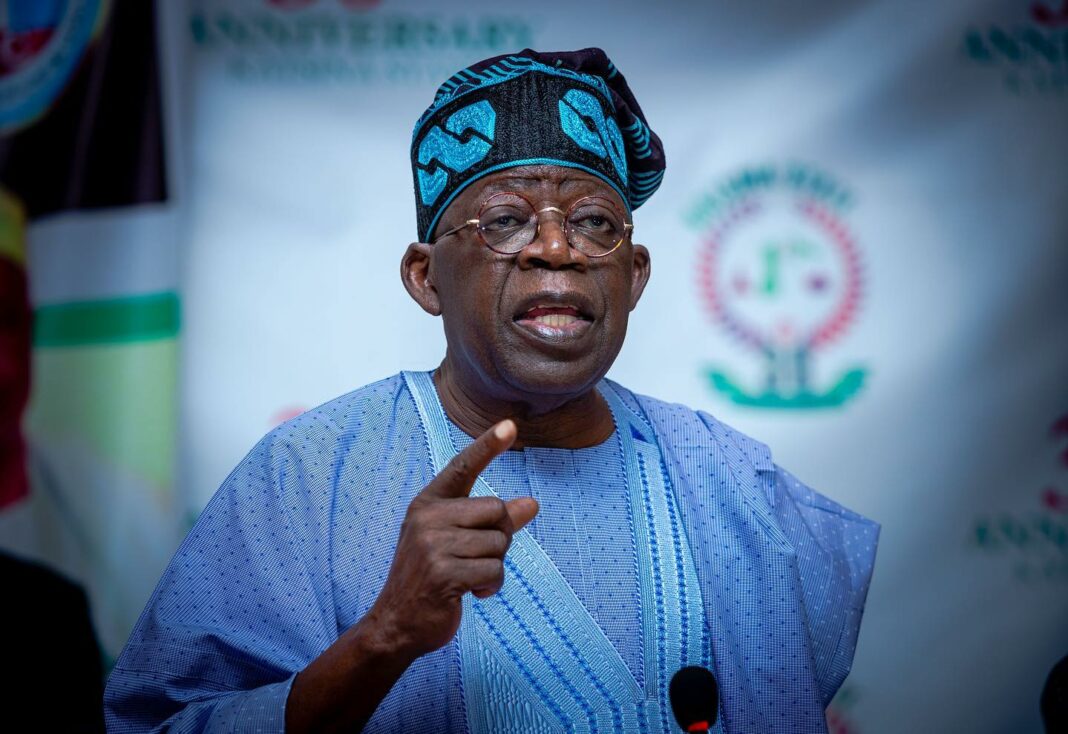ABUJA, Nigeria – President Bola Tinubu has announced a comprehensive restructuring of Nigeria’s federal ministries.
This decision aligns with recommendations from the Stephen Oronsaye report, which sought to strengthen and reform the civil service.
According to details released on Friday, July 28, 2023, the changes include merging existing ministries, creating new ones, and sometimes entirely scrapping others.
Key ministries like Education, Works and Housing, and Transportation will substantially restructure.
The Ministry of Education, for example, will be divided into two separate entities: the Ministry of Tertiary Education and the Ministry of Basic Education.
This move aims to “improve the quality of service delivery in the two sectors,” according to sources in the civil service.
Furthermore, the Ministry of Works and Housing will be unbundled, with the Ministry of Works focusing on federal roads and highways.
At the same time, the Ministry of Housing will undergo restructuring to stimulate economic growth.
A radical shift also appears in the transformation of the Federal Ministry of Transportation, which will be split into the Ministry of Railways and Rail Transport and the Ministry of Waterways and Marine Transportation.
Chief of Staff to the President, Femi Gbajabiamila, hinted at these changes earlier this week, emphasizing the need to restructure Ministries, Departments, and Agencies, MDAs, of the Federal Government.
Experts have weighed in on these developments, with mixed reactions.
Professor Sherifdeen Tella of Olabisi Onabanjo University supported some changes but urged caution regarding potential mergers.
“Certainly, the ministries to be merged or created will depend on the government’s priority. For example, the Ministry of Works and Housing should be separated into two ministries or housing can be joined to another relevant ministry,” Tella said in a telephone interview.
Others, like Professor Akpan Ekpo of the University of Uyo, called for a more robust overhaul, suggesting the immediate dismantling of the humanitarian ministry and recommending further divisions in the education ministry.
However, some uncertainties remain as the restructuring process proceeds.
While there are recommendations to reduce 263 of the statutory agencies to 161, along with the abolition of 38 agencies and merger of 52, it is unclear whether President Tinubu will adhere strictly to these recommendations.
The restructuring efforts have the potential to mark a significant turning point in the nation’s governance, promising more streamlined and effective administration.
However, it also presents a complex landscape that requires careful navigation to ensure that the reorganization leads to the desired efficiency and does not result in new bureaucratic challenges.
While critics remain watchful, the country awaits the next steps, and the eventual impact of this ambitious reform, in an administration committed to reshaping Nigeria’s governmental landscape.







